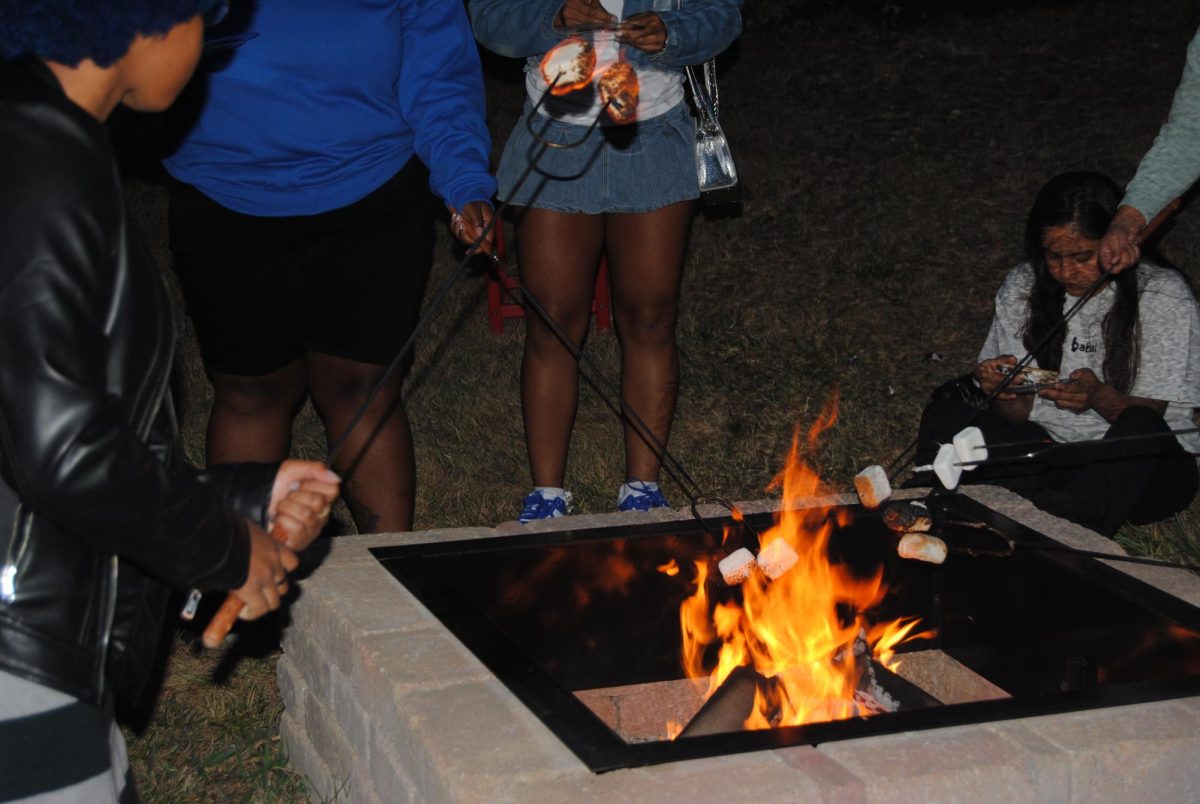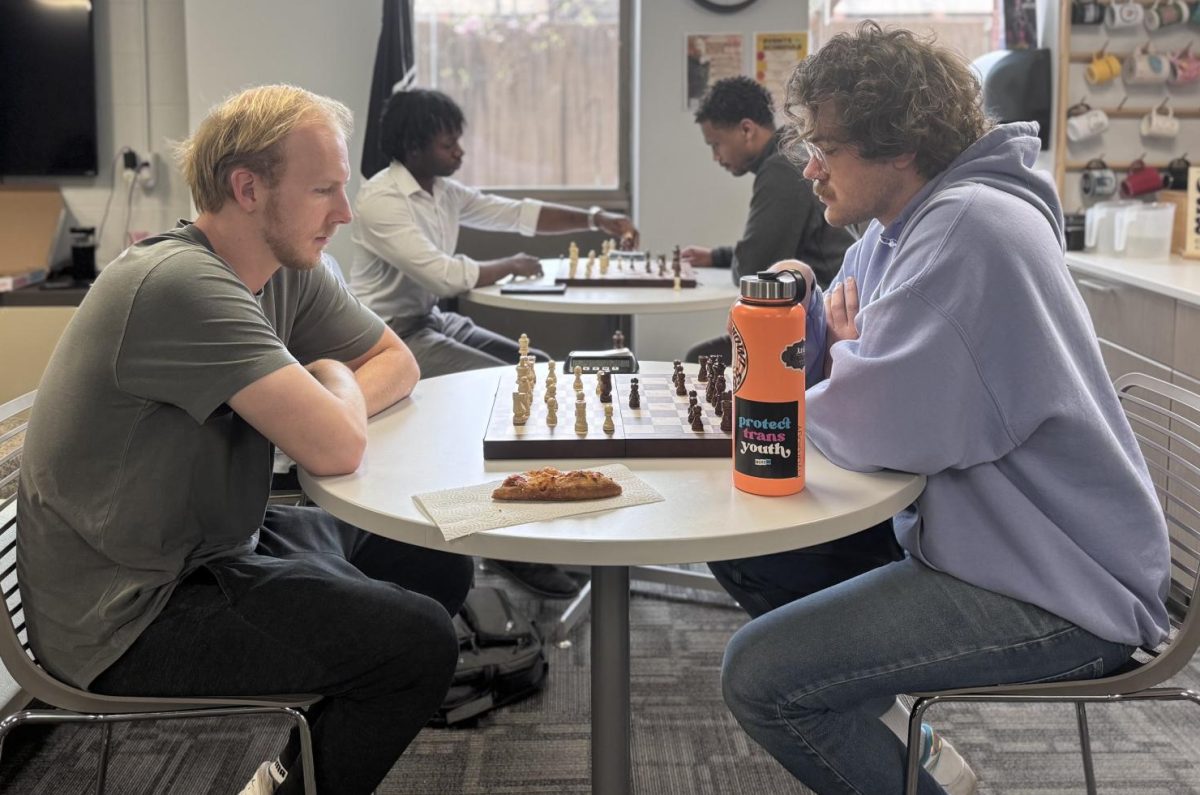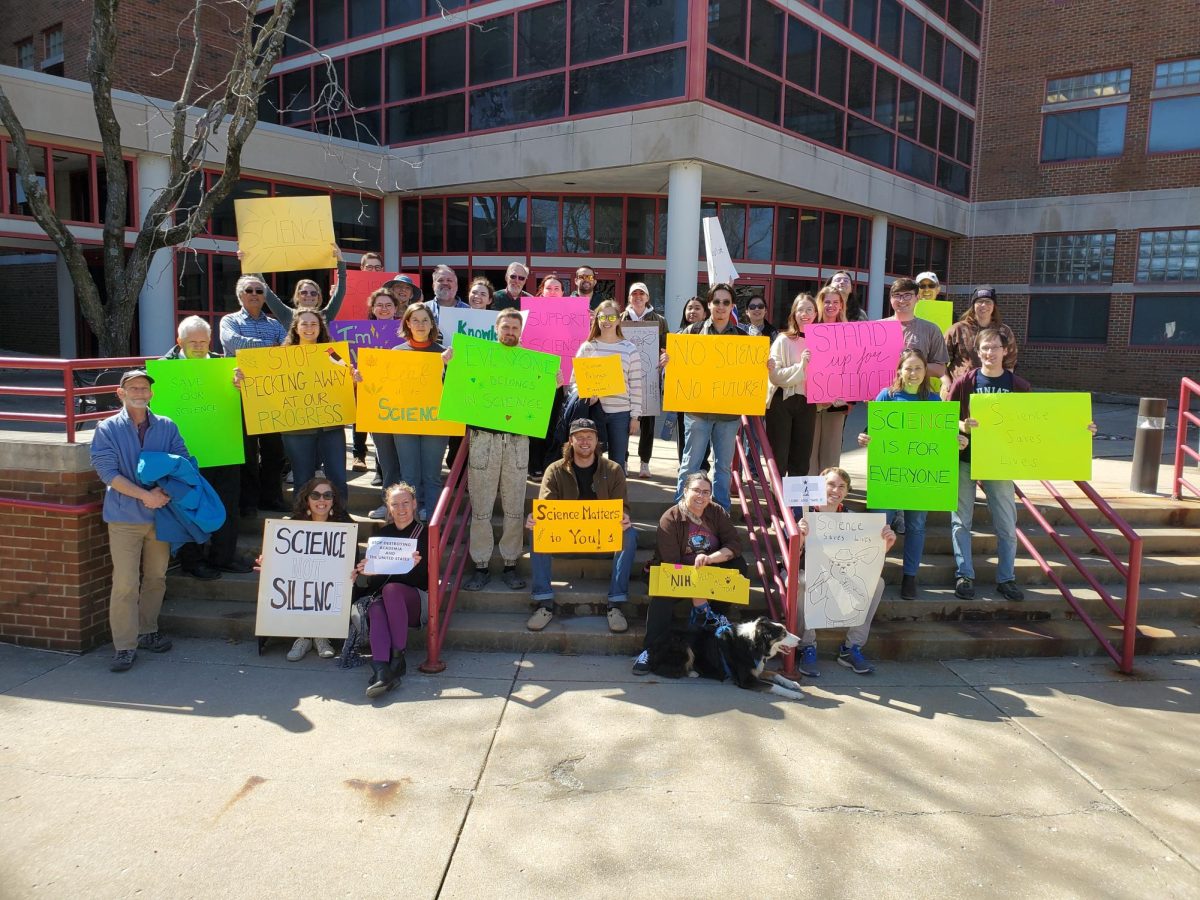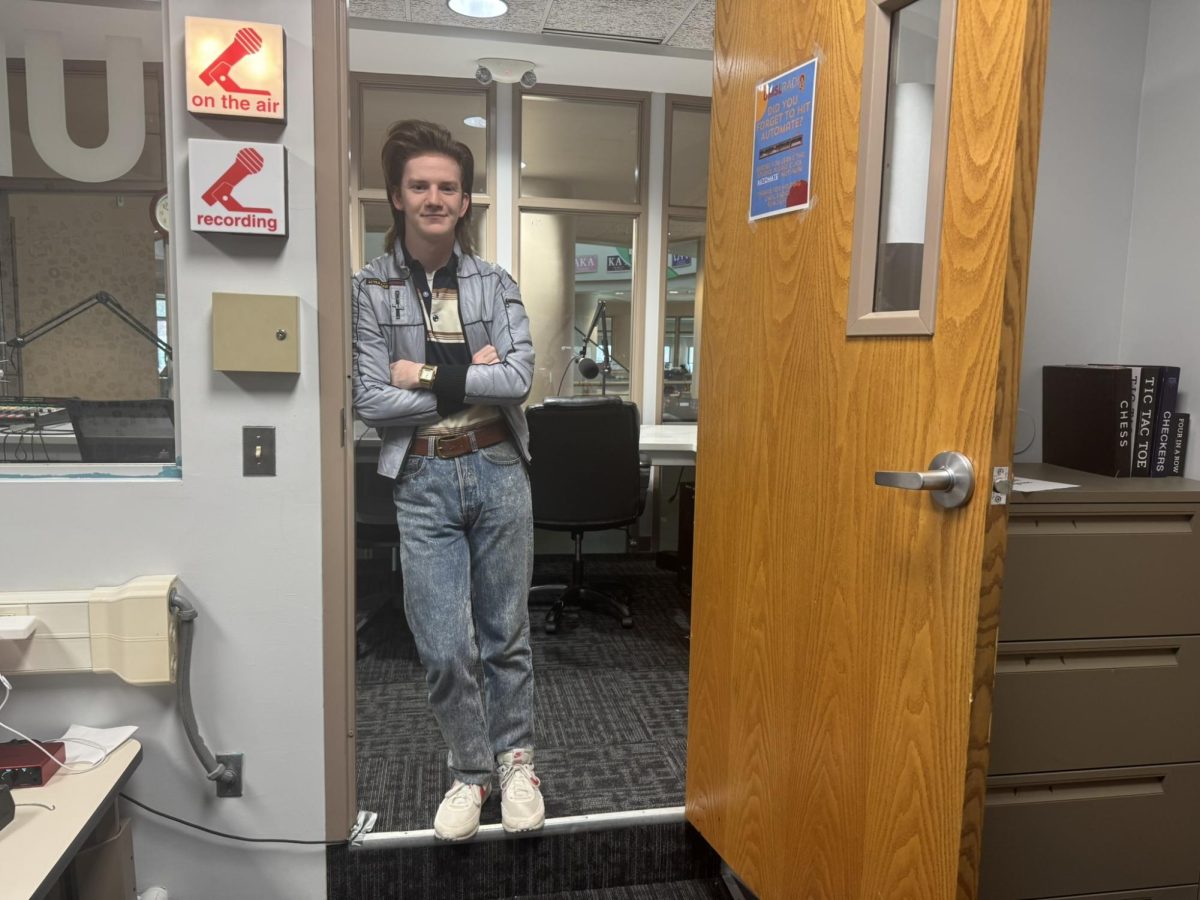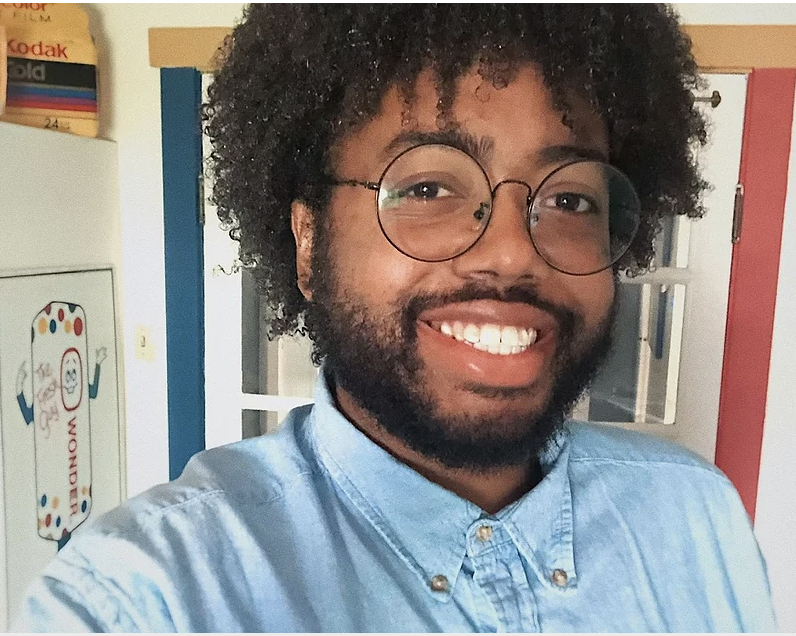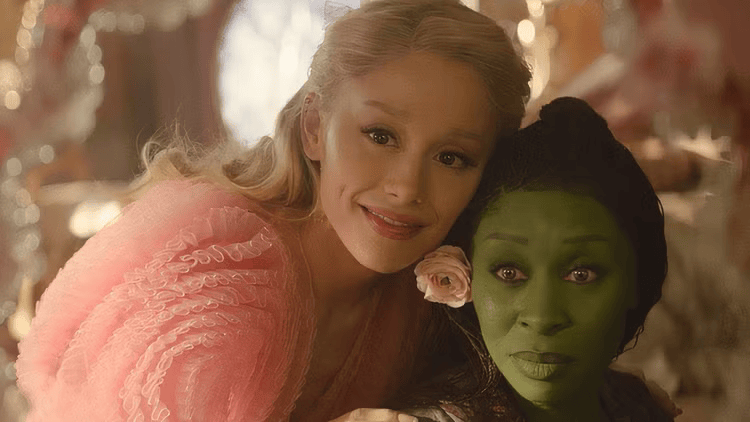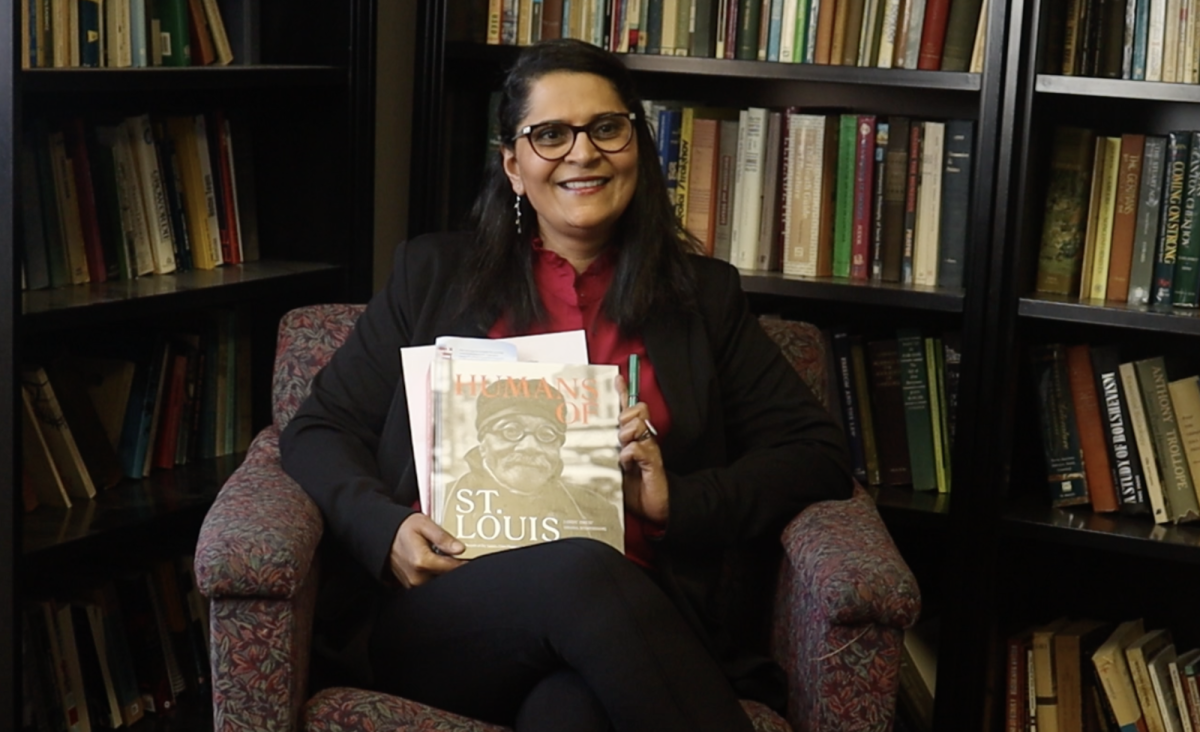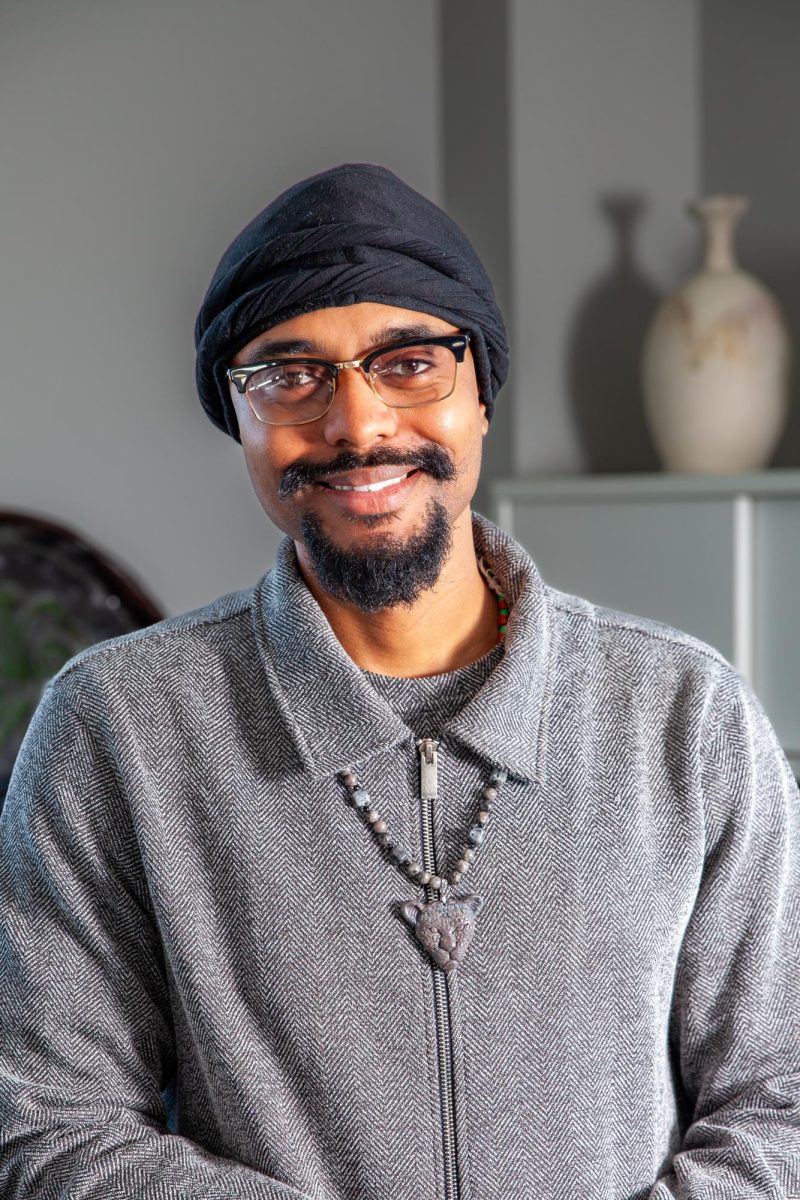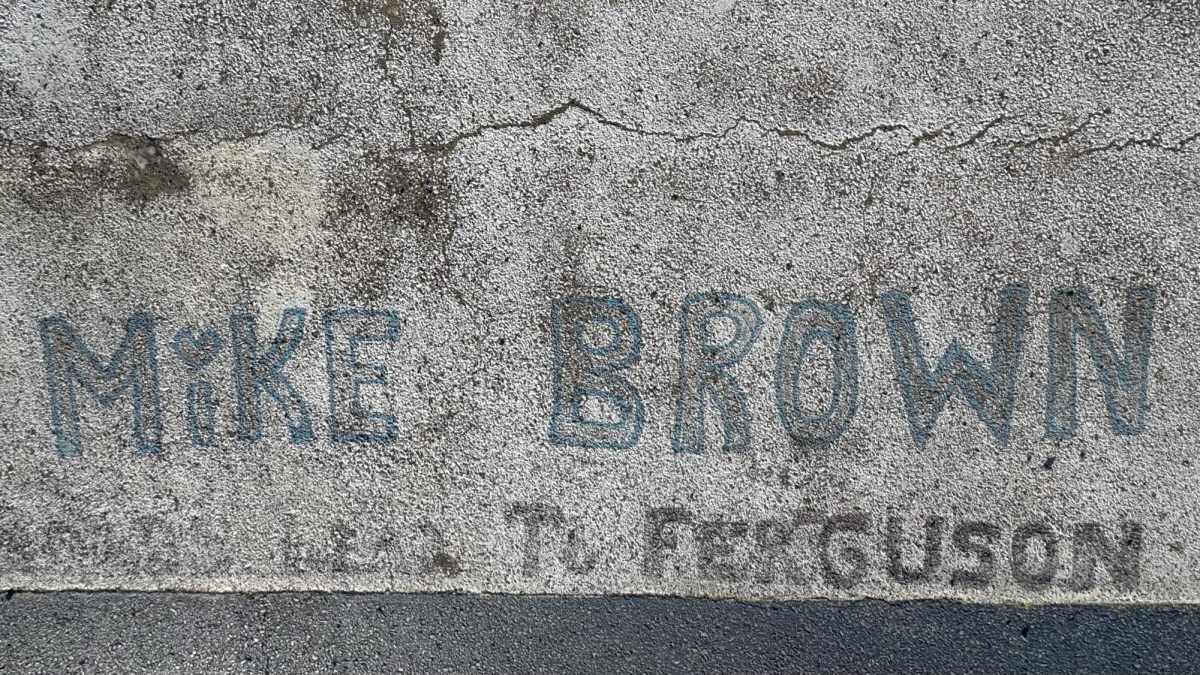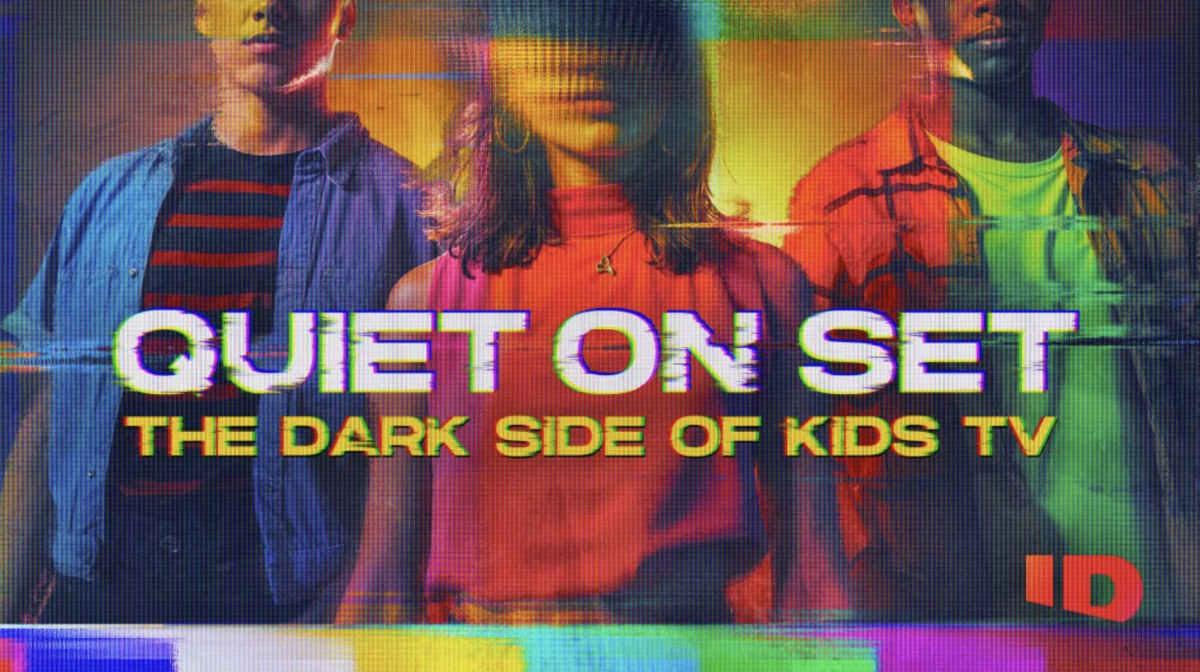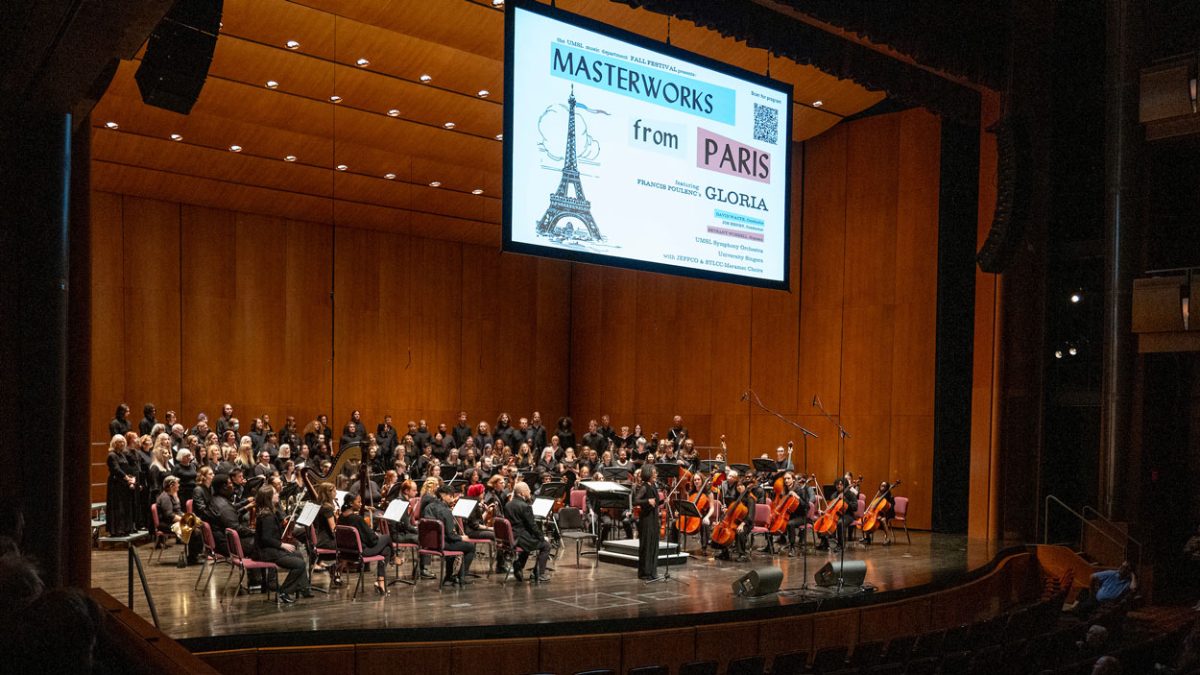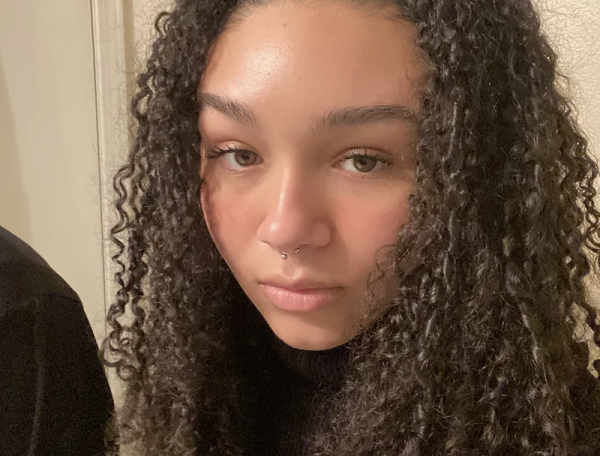The new docu-series “Quiet on Set: The Dark Side of Kid’s TV” premiered with a vengeance to its viewers. The motive of the show hints heavily at the allegations toward Nickelodeon Producer Dan Schneider and includes many people who worked on the set and experienced the emotional and physical abuse of Schneider and other staff members.
More importantly, this docuseries uncovers a fraction of the harm done to Nickelodeon’s best asset: its child stars. From Amanda Bynes from “All That” and “The Amanda Show” to Drake Bell from “Drake & Josh,” the series provides stars with a chance to unravel the horrors that took place during their most innocent years.
The series focuses on a plethora of horrors experienced during Schneider’s time as a producer for Nickelodeon. One of the main issues that the series focuses on, however, is the disgusting amount of sexual and inappropriate innuendos in many of Schneider’s works. More specifically, the series highlights many Nickelodeon shows such as “Zoey 101,” “Victorious” and “All That” where some scenes contain imagery that imitates ejaculation, foot fondling and male genitalia. Schneider was rumored to have applauded this kind of “humor” and often made a mockery of inappropriate behavior.
However, the suggestive nature of Schneider’s material is not the only problem concerning this series. The many allegations against Schneider and others on the Nickelodeon staff raise the question of whether child acting is ethical. Are the potential horrors that come with child fame worth the years of trauma?
Dr. Amanda Bequette, a professor here at UMSL, has accumulated an extensive background in childhood PTSD, mental health advocacy, and child psychology. While earning her doctorate in experimental psychology at Saint Louis University, Bequette worked on many early childhood grants researching how childhood trauma affects behavior.
Bequette, who also had the opportunity to watch the docu-series explains “Watching this and other documentaries I have watched with things involving celebrity kids, I just think we need better systems looking out for these kids.”
When we think of child actors, some names that come to mind may be Macaulay Culkin (“Home Alone”), Lindsey Lohan (“The Parent Trap”) or even Jennette McCurdy (“iCarly”). Many child stars that we know and love have come out to the public reporting abuse behind the scenes and have shared the emotional baggage that came with their time as a child actor.
“Quiet on Set” also brings to light the 2022 New York Bestseller memoir “I’m Glad My Mom Died,” by Jennette McCurdy, which dives into some of the mistreatments brought upon by a man known as “The Creator,” a vague name given to the speculated perpetrator, Dan Schneider. While diving into McCurdy’s exploitive childhood, she also describes The Creator’s inappropriate behavior with her and other stars on set.
In addition to The Creator’s behavior, McCurdy’s book revolves around her resentment toward her mom for forcing her to become a young child actor. In many ways, being a part of this toxic environment led her down a path of bulimia as a way to stay small and relevant for younger roles in the industry, alcoholism and other mental health issues. Regardless of McCurdy’s challenges she faced, her disdain for her prolonged career as an actor remains a prominent aspect of the book.
“I’m aware enough to know how fucking annoying and whiny this all sounds. Millions of people dream of being famous, and here I am with fame and hating it. I somehow feel entitled to my hatred since I was not the one who dreamed of being famous,” McCurdy states in her memoir.
When considering children who do want to pursue something like acting, Bequette explains that though children have the freedom to explore these hobbies, parents must ultimately decide what is most suitable.
“We spend their [children’s] childhood as parents trying to build autonomy in our kids. We want our kids to feel that they have self-efficacy and can make decisions,” says Bequette. “Children can resent their parents for all kinds of things,… I think there are ways to support your child in the arts without putting them in an environment that is not appropriate for them,” she says.
While McCurdy was one of many child stars who were left with a sour taste in their mouth due to childhood fame, many other stars had similar experiences when it came to predators behind the scenes.
“Quiet on Set” also highlights Drake Bell, who began acting when he was only five years old. He explains in his interviews that the former Nickelodeon acting coach, Brian Peck, who has also appeared in several “All That” skits, sexually abused Bell from the age of 15 years old. While Peck’s abusive relationship with Peck stemmed from the behind-the-scenes environment, Bell’s need to come out about this abuse may have a deeper narrative.
“Parents need to be aware of the pressures and be available to be present,” says Bequette. When considering sexual abuse specifically, Bequette refers to a TedTalk video that she often shows her class. “We tell kids to say no and that adults are not allowed to touch you. So, by saying “say no” we are putting pressure on the children to have control of a situation where they do not have control,” she says. When considering a situation like Bell’s, the pressure to expose his abuser could have made him feel at fault for blaming a staff member whom he was close and developed a close relationship with.
Unfortunately, creepy predators are one of many issues for child actors. In many cases, we have watched beloved stars fall into dangerous patterns of alcohol and drug addiction, including Bell himself. Many well-known celebrities who were once child stars, like Lindsay Lohan, Amanda Bynes and Demi Lovato have fallen victim to these toxic coping mechanisms. According to an article by ATLA Centers, child actors who grow up may be more vulnerable to drug abuse as a way to fill the satisfaction they once had when acting or as a way to cope with trauma.
Amanda Bynes, an ex-actress featured in many parts of “Quiet on Set” serves as a primary example of one of Nickelodeon’s most well-known fallen stars. Bynes emerged in fame with her sketch-comedy series “The Amanda Show” and served as a pretty face with a witty sense of humor for Nickelodeon’s franchise.
Many reports from “Quiet on Set” alleged, however, that Bynes’ rise to favoritism and fame may have been due to Schneider’s bizarre obsession with her. In many images in the show, Schneider is often seen by Bynes, even hugging her as a young child.
When looking at situations similar to Bynes’, Bequette explains how coming forward about her speculated relationship with Schneider would be hard considering Schneider’s position in and importance to Nickelodeon. “Disclosure is hard. I think that one of the barriers to disclosure is the consequences of that. In the case of a child who is trying to climb the fame ladder, it might result in your parents pulling you from the show,” explains Bequette.
As Bynes grew older and landed roles outside of Nickelodeon like the films “She’s The Man” and “What a Girl Wants,” her life quickly spiraled out of control due to her complex relationship with her parents. For the years following, Bynes suffered from many mental health issues and got arrested multiple times for DUI and drug possession charges, which led her into a conservatorship proposed by her parents when she got admitted to a psychiatric facility. From stardom to drug addiction, Bynes’ exposure to fame may be the reason why she dealt with so many hardships as she grew out of Nickelodeon.
“That’s hard to have some of your worst moments recorded,” says Bequette. “In general, going through a traumatic event, whether it’s a chronic trauma that you’ve experienced for years and years or an acute one instance, having that intervention is so important,” she says.
Similarly to Bynes, child stars may also come from families who grow dependent on their adolescent prodigies for financial stability. McCurdy also explains in her memoir that her extremely impoverished family often took advantage of her financial successes. Unfortunately, she became responsible for providing for her family with her checks from Nickelodeon at a very young age.
An article by Complex explains that “It seems that whenever a child becomes the financial provider in the household, it throws off the balance and the power dynamic in the family and often ends with the child star failing to adjust to this new level of responsibility.” Needless to say, it is not healthy for a child to grow up with the pressure that comes with fame, let alone the need to pay their family’s bills before they even go through puberty.
However, bills are only a fraction of the issues for children who grow up on the big screen. Another problem concerning child stars brings into play the negative effects that come with consistently being on the watch. In an article about the negative aspects of childhood fame by The Shark Attack, the transition from a young child to a teenager can be especially hard because there is constant criticism. The article states “This is something any person would end up doing but when you are in the public eye it becomes something it shouldn’t be and most children aren’t given this normal freedom in making mistakes because of public scrutiny.”
With celebrity crises, Bequette explains the issues with society’s perceptions of celebrities based on what is shown to the public. She explains that while trauma can affect a child celebrity’s behavior, responses and coping mechanisms can look very different.
“Trauma is not a 1+1=2. Trauma is complex, we teach in our classes the 12 core concepts of trauma, and number one is that it is complex. If you have experienced multiple traumas, that is going to affect you differently,” says Bequette.
“I think that fame, unfortunately for these celebrities, their mental health crises are in the news because they are celebrities and they are filmed 24/7. When you’ve had traumatic things happen to you or you’ve had traumatic things repeatedly happen to you for years and you are in a crisis, to have that filmed and for people to be able to look at that for the rest of your life… it’s hard to have some of your worst moments recorded for everyone to see,” says Bequette.
Because of this immense judgment, many child stars may feel overly pressured to act a certain way. With the pressure of the public and the ongoing stress that comes with fame, some of these stars end up going off the deep end.
Though many of us have watched these stars rise in the industry, we have also watched them fall. The docu-series “Quiet on Set” untangles a knot of chaos that cannot be seen in the public eye. As the series unfolds the abuse of children on set, it puts an evil act on stage that can come with fame for children specifically. As for child stars, fame’s unfathomable optimism can be a horrible danger in disguise waiting for them in the final scene. While the ethics of child acting will continuously be discussed, the hardships that follow have no room for debate.
“Quiet on Set: The Dark Side of Kids TV” is currently streaming on Max and other various streaming services with a paid subscription.

